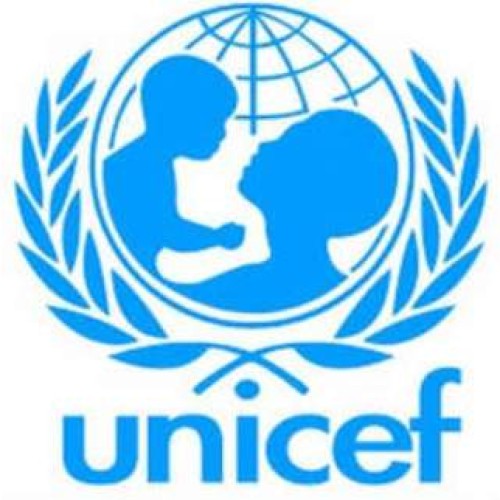One newborn dies from neonatal tetanus every 15 mins – UNICEF
-
Nigeria among top countries with more cases
The United Nations Children Fund, UNICEF, says available data has indicated that one newborn dies from neonatal tetanus every 15 minutes.
It also said Nigeria is among the countries where Maternal and Neonatal Tetanus (MNT), is still a public health concern and yet to be eliminated.
UNICEF team lead for Social Behaviour Change in Taraba state, Jennifer Dabo, spoke weekend at a media orientation on the commencement of Maternal and Neonatal Tetanus Elimination, MNTE, campaign in Taraba state.
She said cases of neonatal tetanus are grossly underreported and among the six killer diseases of infants in Nigeria.
She also mentioned cultural barriers, insecurity, unhygienic practices by traditional birth attendants among others as reasons for the prevalence of MNT in Northern Nigeria.
According to her, “in Taraba state, lack of access roads especially in hard to reach communities has made women of child bearing age subject themselves to the services of unskilled traditional birth attendants who engage in unhygienic practices.
“It is during childbirth that this infection (neonatal tetanus) is passed to infants through the use of an unsterilised instrument while cutting the umbilical cord.”
The State Health Educator at Taraba State Primary Health Care Development Agency, TSPHCDA, Mercy Maigoge, said they are focusing on four priority local government areas of the state where vaccination is low.
She listed them to include Bali, Wukari, Yorro and Kurmi LGAs.
Maigoge mentioned that their target population for Td vaccination with support from UNICEF are girls and women of childbearing age between 15 to 49 years.
She also said trained personnel have been deployed to administer the vaccines across the four LGAs.
She further enjoined those within the age bracket to take advantage of the campaign period to get vaccinated.







0 Comments
No Comments Yet!
You can be first to comment this post!